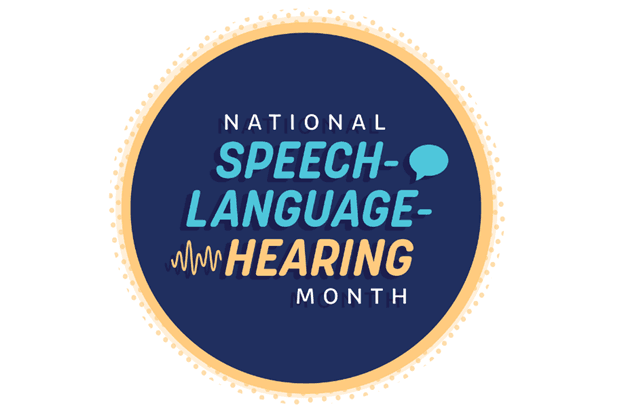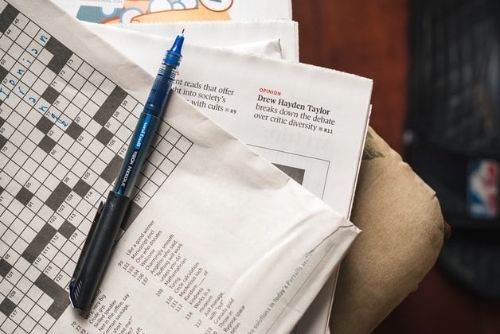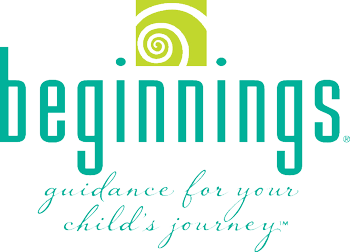
Every May, we celebrate National Speech-Language-Hearing (NSLH) Month, a month dedicated to raising awareness about the significance of communication and the challenges faced by individuals with speech, language, and hearing disorders.
Communication is a crucial part of the human experience, whether that’s choosing to communicate verbally or non-verbally, in different languages, using sign-language, with assistive communication devices, such as hearing aids or with augmentative and alternative communication (AAC) devices.
Formerly known as Better Hearing and Speech month, this month-long acknowledgement was originally established by the American Speech-Language-Hearing Association (ASHA) in 1972. Before that, in 1927, there was a week known as National Hearing Week established by the Federation of Organizations for the Hard of Hearing. In 1958, it expanded to Better Hearing Month, finally being coined Better Hearing and Speech Month, in 1972. Just last year, ASHA revealed the new name of National Speech-Language-Hearing Month. In their press release, ASHA reported the new name is more inclusive of all manners of communication.
The American Speech-Language-Hearing Association (ASHA) reports that over 1 million children nationwide receive school-based treatment for speech and language disorders annually.
Although some children are born with atypical hearing, others develop difficulties with their hearing later in childhood. Untreated hearing loss can impact a child’s schooling, social life, and behavior. What are the signs of hearing loss in children?
- Turning the TV volume up louder than others find comfortable
- Struggling in school without clear reasons
- Mentioning hearing ringing or other sounds in their ears
- Being socially withdrawn or unhappy
Hearing Loss from noise exposure is completely preventable by taking some simple steps to protect your child’s hearing, include:
- Lower the volume on electronic devices, aiming for half volume or less, especially with earbuds or headphones.
- Stay at least 500 feet away from loud sources like speakers, stages, or fireworks.
- Take breaks from loud environments. Step away periodically at noisy events, and remove earbuds or headphones every hour.
- Use hearing protection like earplugs or earmuffs, especially for children. Consider musician's earplugs if your child plays an instrument, as they allow hearing while reducing noise.
Here at BEGINNINGS, our team joins your family after your child’s hearing loss identification and remains a constant in your lives as your child grows and transitions into adulthood. We provide your family the resources you need so you can make informed decisions for your children, and we help you understand your rights and your children’s rights.
Learn more about BEGINNINGS can support your family on your hearing loss journey at https://ncbegin.org/who-we-serve/parentsfamilies/.



